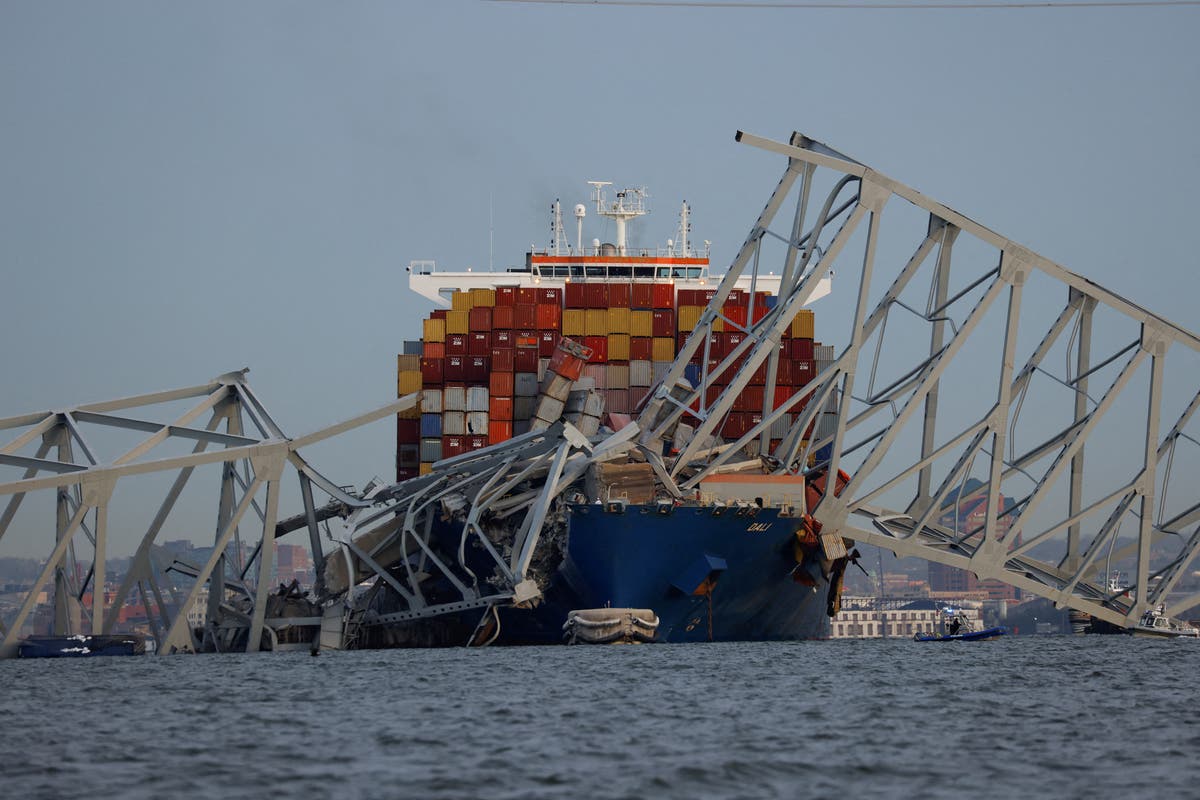Key PointsIsraeli Prime Minister Benjamin Netanyahu has agreed to send a delegation to a new round of truce talks.It comes a day after the International Court of Justice ordered Israel to ensure aid reaches starving Gazans.The ICJ warned famine was “setting in” in Gaza.
Israeli Prime Minister Benjamin Netanyahu has given the go-ahead for a new round of talks on a Gaza ceasefire, a day after the world’s top court ordered Israel to ensure aid reaches desperate civilians.
But despite , fighting raged on unabated in Gaza on Friday, including around its few functioning hospitals.
The health ministry in the Hamas-run territory said dozens of people were killed overnight.
Among them were 12 people killed in their home in the southern city of Rafah, ahead of a threatened Israeli ground operation.
Regional fallout from the conflict also flared, with Israel saying it killed a Hezbollah rocket commander in Lebanon and a war monitor saying that Israeli air strikes killed several Hezbollah fighters in Syria.
Netanyahu’s office said new talks on a Gaza ceasefire and hostage release will take place in Doha and Cairo “in the coming days… with guidelines for moving forward in the negotiations”.
Those talks had appeared deadlocked in recent days despite a major push by the United States and fellow mediators Egypt and Qatar to secure a truce, now more than halfway through.
Famine ‘setting in’
In its ruling, the International Court of Justice (ICJ) in The Hague said it had accepted South Africa’s argument that the further deterioration of the humanitarian situation in Gaza required Israel to do more.
“Palestinians in Gaza are no longer facing only a risk of famine, but… famine is setting in,” it said.
Philippe Lazzarini, head of the UN agency for Palestinian refugees, said the ruling was “a stark reminder that the catastrophic humanitarian situation in the Gaza Strip is man-made (and) worsening”.
A UN-backed report released last week warned that half of Gazans are feeling “catastrophic” hunger and projected imminent famine in the territory’s north.
The Israeli defence ministry body responsible for Palestinian civil affairs (COGAT) hit back on Friday, alleging the assessment contained inaccuracies and questionable sources.
The ICJ had ruled in January that Israel must facilitate “urgently needed” humanitarian aid to Gaza.
The latest binding ruling by the court, which has little means of enforcement, came as Israel’s military said it was continuing operations in Gaza’s largest hospital al-Shifa for a 12th day.
Fighting around Gaza hospitals
The UN says Gaza’s health system is collapsing “due to ongoing hostilities and access constraints”.
Israel’s military accuses Hamas and Palestinian Islamic Jihad, another militant group inside Gaza, of hiding inside medical facilities, using patients, staff and displaced people for cover — charges they have denied.
On Friday the army said it was “continuing precise operation activities in Shifa Hospital” where it began a raid early last week.
, but the army says Palestinian militants have since returned.
Near al-Amal Hospital in Khan Yunis, troops also carried out “targeted raids on terrorist infrastructure”, killing dozens in combat backed by air support, the army said on Thursday.
Israeli tanks have surrounded another Khan Yunis health facility, the Nasser Hospital, as well, the Gaza health ministry said.
Israel has bombarded Gaza since Hamas’ 7 October attack in which more than 1,100 people were killed and over 200 hostages taken, according to the Israeli government.
More than 32,000 people have been killed in Gaza since 7 October, according to the health ministry in Gaza.
The 7 October attack was a significant escalation in the long-standing conflict between Israel and Hamas.




















